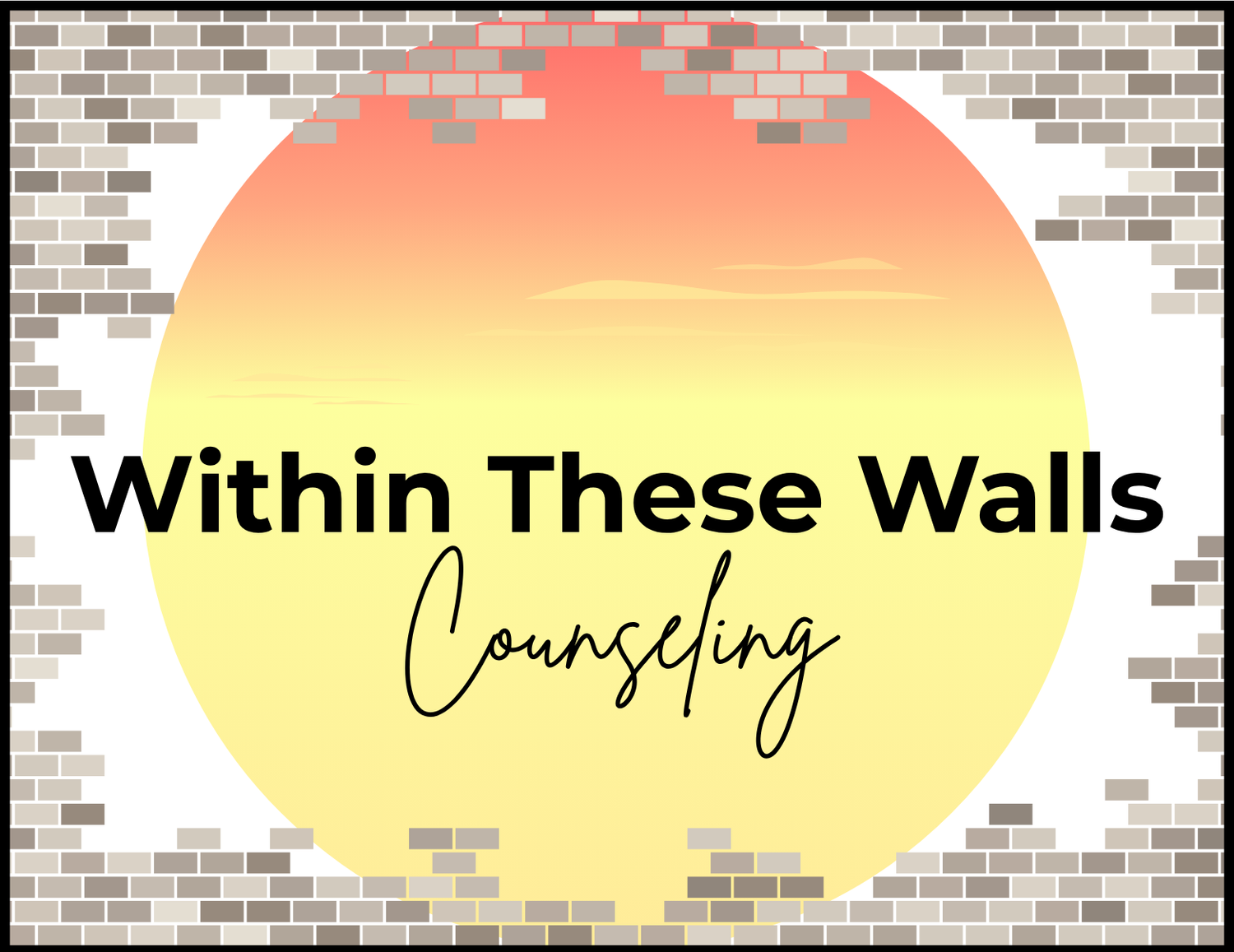Have I needed therapy?
When I started my own journey through therapy, I did not even fathom that I would be in my therapist’s shoes many years later. My therapist at the time had so much wisdom and she challenged me in ways that my own friends or family never did. She held space for me in those moments when I caved and seemed to break into tears, screaming and even yelling in anger. My family and friends always seemed uncomfortable in those moments, not knowing what to do with this broken version of me. I became enamored with her calmness and being unmoved by my falling apart. She was my safe space. I wanted whatever she had… I’d probably drink her Kool-aid, LOL. I wanted to know everything about her. Like is she married, does she make mistakes or what does her home look like. That crazy part of me wanted to just wander into her house and see how she lived, because this woman here “had it all together” and I was a mess. I imagined that she was a beacon of “togetherness”, like she took long walks everyday, wrote in her journal, set boundaries like no one’s business and all her relationships were perfect. This was my belief until I became a therapist. How quickly I realized that she was a human, just like me, experiencing life on life’s terms. She was probably going through a divorce or cancer treatment, as I did during my own practice.
As a therapist, I have my bad days, as I am sure my own therapist did. Somehow she always had this ease to her that whatever she was experiencing was not placed on the forefront of our session. I wanted to give that experience to my clients. I felt if I showed my own vulnerability or emotions, that I would not be an effective therapist. I initially thought that even I “as the professional” was not allowed to show emotion because it is the client’s experience and not my own; at least that is what is drilled into our heads in school. It was my belief that is where the boundaries are crossed into transference or countertransference and it was a requirement of me to have healthy boundaries. Then there is that one client, that one day, that just pulls it out of you. There he was having his moment (much like my own many years before) and it brought me to tears. It was not that he triggered my own stuff, but that it was humanistic response to his vulnerability. He finally showed his own vulnerabilities and as a therapist, that is how we know we are making progress. Now I wasn’t boohooing but tears escaped my eyes that I quickly dried before he even noticed. In that moment, I grew as a therapist. I grew as a human.
That day I learned a valuable lesson both personally and professionally, in order for me to be effective I have to own my own authenticity and be appropriately transparent with my clients. I learned how to incorporate components of this into my own practice. There is a interplay that occurs in the therapeutic relationship and sometimes feels as if there is a power differential that has to be mitigated. The belief is “I am the expert” at least that is what the degree on the wall is supposed to mean. I am not the expert of you or your life. You are the expert of your life, the experiences and the stories you tell yourself. It is my job to bring you to the mirror and show you yourself, the flaws and more importantly the strengths you have. I explore ways to navigate your traumas or whatever brings you to therapy. I don’t expect my client’s to be the “beacon” of mental health wellness, as I can’t have those same expectations for myself. I am just as human as my client’s who walk through those doors, looking for some relief from whatever it is I am experiencing. I use the same tools that I recommend or ask my client’s of. But I have to be realistic (not just with my clients, but myself as well), because we are all consumed with the pressures of family and work obligations. As they say… life on life’s terms.
We are all a work in progress and are ever evolving. We as therapists can have the duality of being authentic and true to ourselves and our experiences AND holding space for the client. My own experiences in life help shape me as a therapist, my approach and how I navigate the therapeutic relationship. Looking back, I wonder if my own therapist was impacted by my experience as a client. Did she have those moments that the tear shed that I didn’t see, or think about me long after I graduated from therapy. I know I often think about my own client’s and pray that they are doing well in life and are leading the life they want. If they are struggling, I’d want them to know that I am still rooting for them. I’d like to think that my own therapist would be rooting for me even from afar and if she stumbles across this post, thank you.
